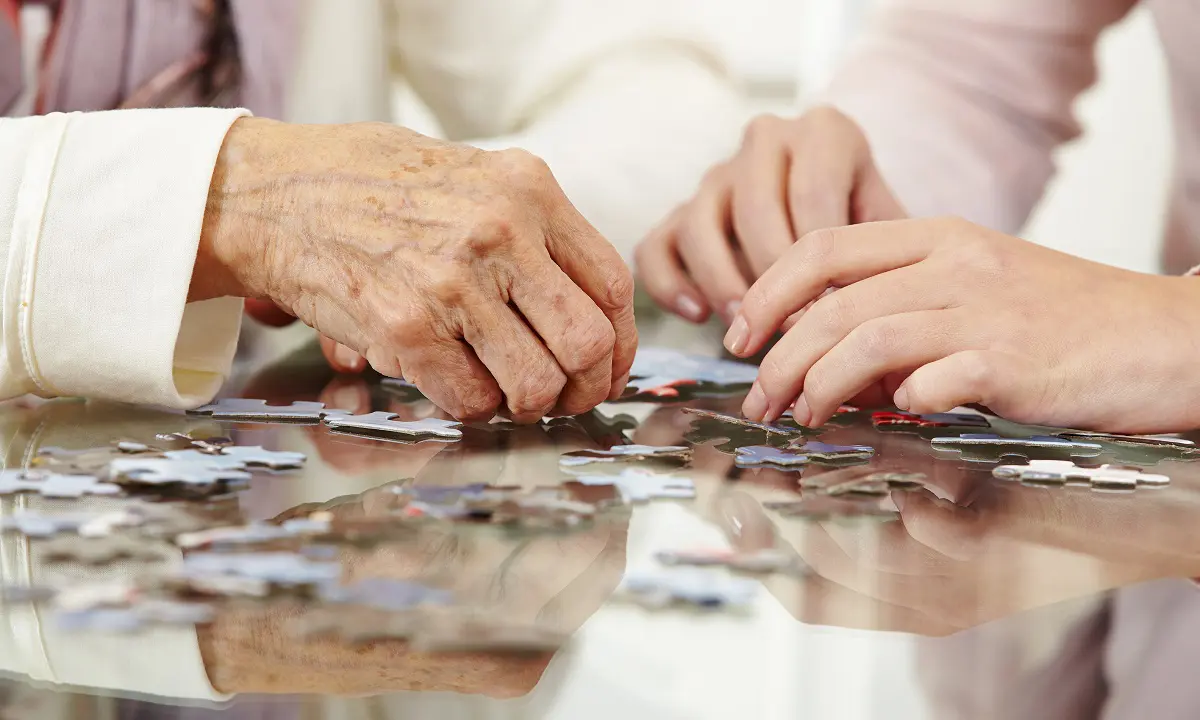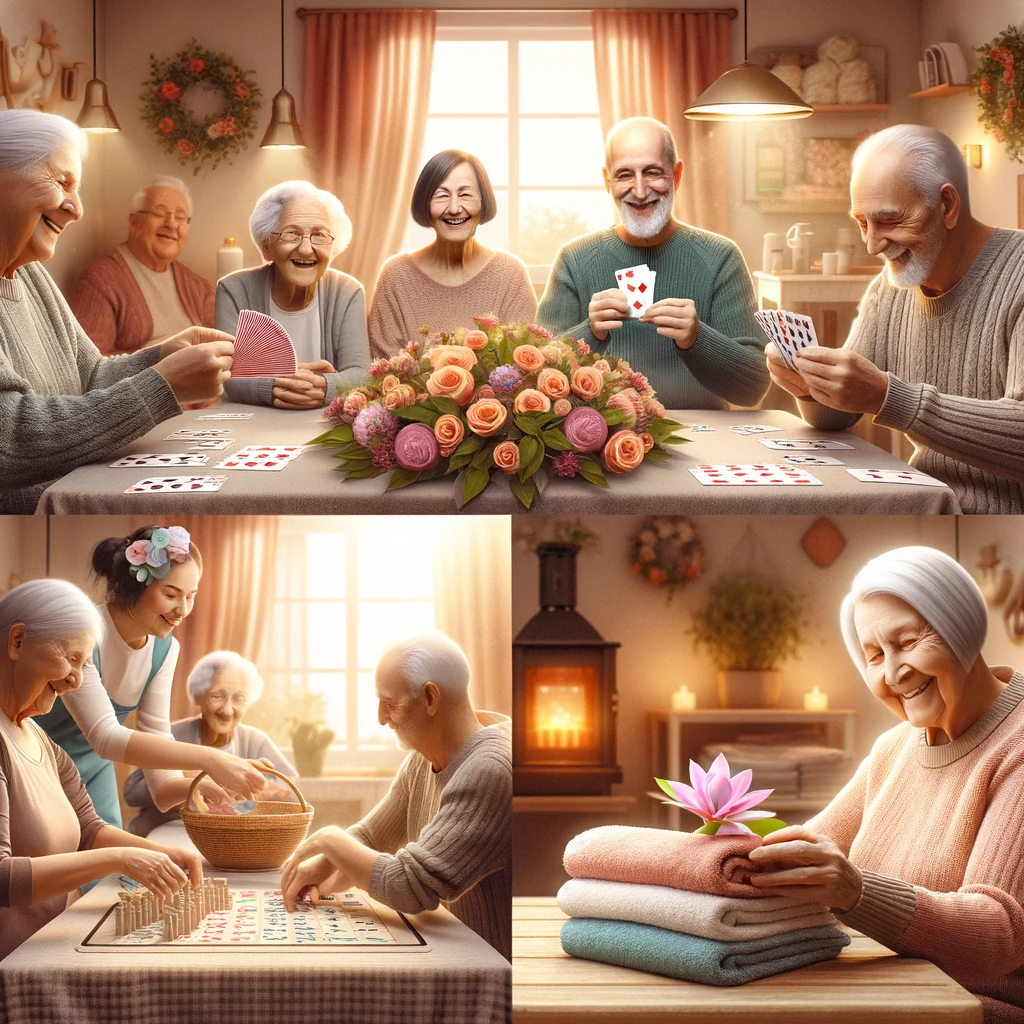Understanding Dementia and its Impact on Vision
Dementia and vision problems (visoperceptual difficulties) may occur for various reasons and can present differently in each individual. These "vision problems" may include illusions, misperceptions, misidentifications, and even hallucinations.

Dementia and its related vision problems, known as visoperceptual difficulties, can manifest in various ways, unique to each individual. These challenges may include experiencing illusions, misperceptions, misidentifications, and even hallucinations.
The causes of dementia-related vision problems are diverse and may include normal aging, other medical eye conditions, and damage to different parts of the visual system due to various types of dementia. When working with someone affected by dementia, it is crucial to consider these common causes.
The ways in which vision problems present themselves can vary from person to person, with individuals potentially experiencing illusions, misperceptions, misidentifications, and even hallucinations. The impact of these vision problems can be more severe for those suffering from dementia compared to those without the condition. This is because people with dementia may not comprehend or remember that they are experiencing vision issues, nor possess the ability to rationalize or "test reality."
Various forms of dementia have been associated with vision problems. Vascular dementia, for example, may lead to vision issues if there is stroke-related damage near the visual pathway in the brain. Alzheimer's disease, the most extensively studied type of dementia, has shed light on the complexities of visual perceptual issues.
The process of seeing something involves interpretation, understanding, and information processing. Even individuals with good vision may try to comprehend what they are seeing and make guesses about it. However, the interpretation of what they see may differ significantly from reality, influencing their behavior based on their perceived reality.
Accurate perception involves not just seeing with the eyes but also interpreting the information using other senses. A person without dementia can coordinate the various components of the eye system, including the eyes, optic muscles, retinas, and optic nerve, along with cognitive processing to make sense of what they see.
For individuals with dementia and vision problems, this perception heavily relies on the visual system and brain connections. Mental alertness, mood, and even expectations of what they should be seeing can influence this process.
The eye and sight process involve several complex components, such as:
· Adjusting to various and changing light levels
· Perceiving depth of field
· Determining white and black
· Identifying colors, lines, objects, and faces
· Identifying and distinguishing differences for facial recognition
· Separating objects from the background
The eye must also make small and accurate eye movements, such as:
· Following moving objects and sending that information to the brain
An aging person may experience many possible types and combinations of visual difficulties. Normal age-related changes in vision can include:
· Reduced visual acuity (sharpness– nearby objects become blurred first)
· An increase in the amount of light needed to see
· An increase in the negative effects of glare
· More time required to adapt to marked changes in light level (from dark to light or vice versa)
· A reduction in the size of the peripheral visual field
· Decreased contrast sensitivity
· Decreased depth perception
· Changed color vision (increased color saturation required to see colors, gradual loss of the blue/violet part of the color spectrum, dark colors and pastel shades become increasingly difficult to distinguish between)
· Changes in the small eye movements used to track moving objects, orientate oneself in new locations, and read
· Blurring from ‘floaters’ (clumps of cellular debris in the vitreous humor gel in the eye)
Games and activities may be impacted by dementia-related vision problems, including:
· Difficulties in assembling puzzles
· Challenges with reading books or doing visual tasks involving close eye movements
· Issues with watching TV shows with rapidly moving images
Less obvious difficulties may involve:
· Playing board games
· Keeping handwriting in horizontal lines
· Finding objects readily (even though they may be in front of a person)
· Copying images accurately
· Walking confidently
It is essential to acknowledge that the consequences of these visual challenges can be more severe for individuals with dementia, given their inability to recognize or recall the presence of these problems or rationally assess their perception of reality.
Understanding the visual disorders associated with normal aging and dementia is crucial for providing appropriate support and care to individuals affected by these conditions. Regular sight tests and careful consideration of medications can contribute significantly to managing visual difficulties in aging individuals, including those with dementia.
You might also like this article:









